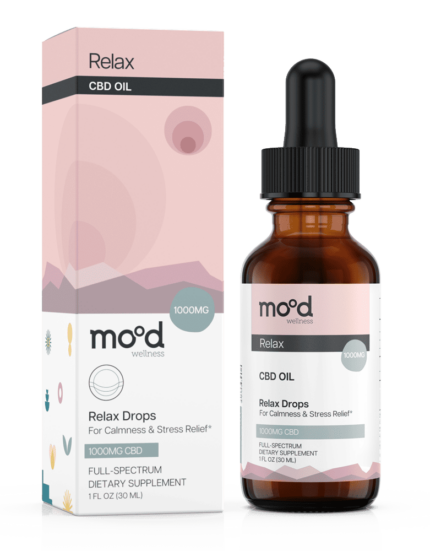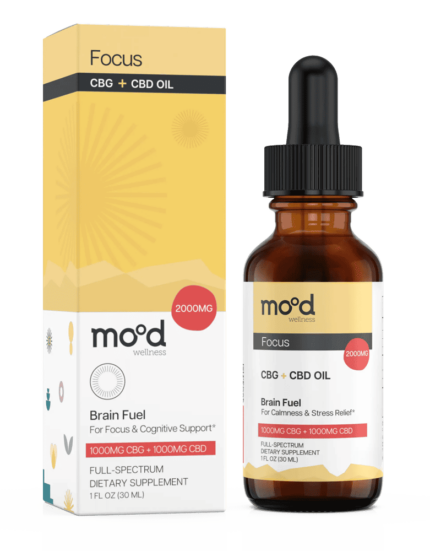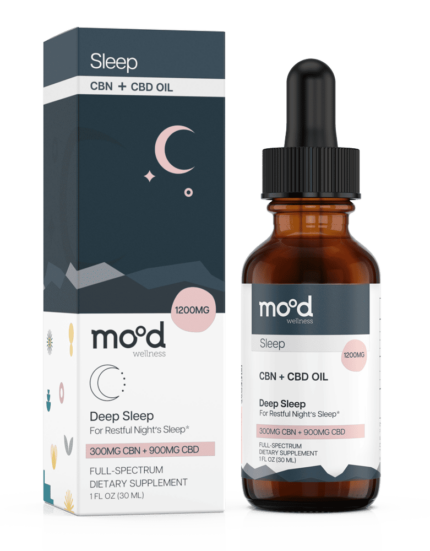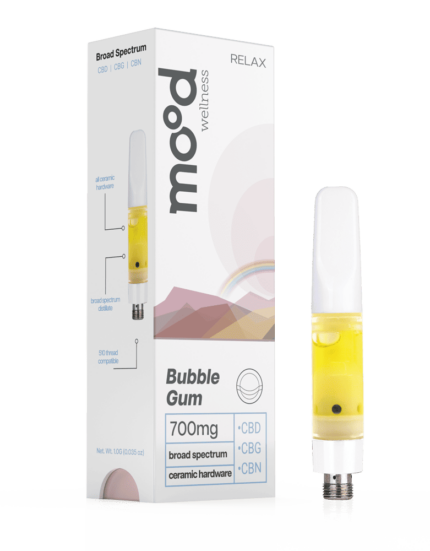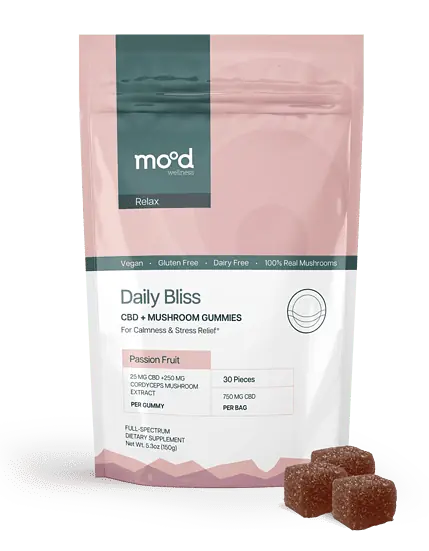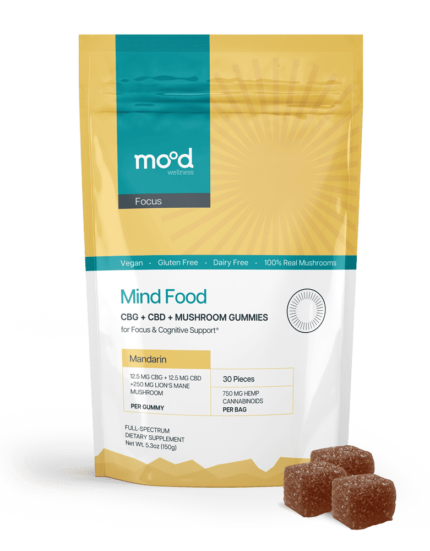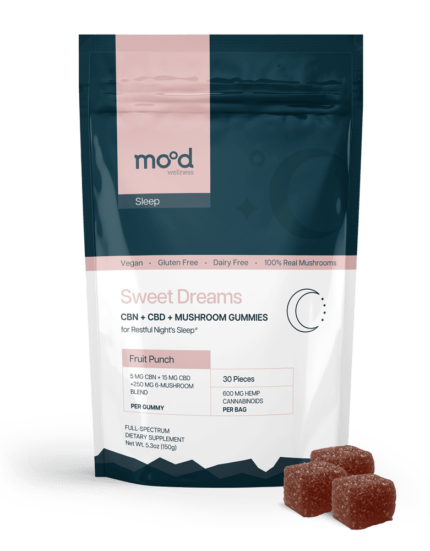In recent years, Cannabidiol, or CBD, has emerged as a beacon of hope in the realm of post-surgical recovery and pain management. As a non-psychoactive compound found in cannabis, CBD’s potential to alleviate pain and inflammation has caught the eye of both patients and medical professionals alike. Amidst this growing interest, a crucial question arises: Is CBD safe to use after surgery?
This article delves into the heart of this query, exploring the multifaceted role of CBD in the healing process. We’ll uncover the science behind CBD’s benefits, its legal landscape, and the essential considerations for integrating CBD into your post-operative care. Join us as we navigate through the complexities of CBD use after surgery, aiming to provide clear, evidence-based insights for those considering this natural adjunct to their recovery regimen.
What is CBD?
Cannabidiol (CBD) is a standout compound from the Cannabis sativa plant, distinct in its ability to offer therapeutic benefits without the psychoactive effects associated with THC (tetrahydrocannabinol), its more famous counterpart. The origins of CBD trace back to the ancient use of cannabis for wellness, but it has recently seen a resurgence in popularity due to modern scientific research.
Unlike THC, CBD does not induce a high, making it an appealing option for those seeking relief without altering their mental state. Its journey from a relatively obscure cannabinoid to a cornerstone of medicinal and wellness products reflects a growing recognition of its potential benefits. These include its use in oils, creams, capsules, and edibles, catering to a wide array of preferences and needs.
The legal landscape of CBD remains complex, largely due to its cannabis origin. However, significant strides have been made towards its acceptance, with variations in legality across the globe. In the United States, the 2018 Farm Bill marked a turning point by legalizing hemp-derived CBD products with less than 0.3% THC, though state laws continue to vary.
How CBD Can Help After Surgery
While navigating recovery after surgery, individuals often seek complementary approaches to support their healing journey. CBD, or cannabidiol, has garnered interest for its potential to complement post-surgery recovery.
Here are five areas where CBD may offer supportive benefits:
-
- Pain Sensation Management: CBD is recognized for its interaction with the body’s endocannabinoid system, which may influence pain perception mechanisms. This interaction suggests a potential for CBD to complement traditional pain management strategies, providing a holistic approach to discomfort management.
-
- Inflammation Response: Post-surgery inflammation is a natural part of the healing process. CBD has been noted for its interaction with certain receptors that may influence the body’s inflammatory response, potentially supporting the body’s natural efforts to manage inflammation.
-
- Rest and Sleep Support: Quality sleep is crucial for recovery after surgery. CBD has been explored for its potential to support sleep by addressing factors that can interfere with rest, such as discomfort or stress, thus possibly aiding in a more restful post-operative period.
-
- Stress Management: The stress and anxiety associated with surgery and its aftermath can impact recovery. CBD may interact with receptors known to regulate mood and stress responses, potentially offering a sense of calm and well-being during the recovery phase.
-
- General Wellness Support: Recovery is not only about healing the physical body but also about supporting overall well-being. CBD is often considered as part of a broader wellness regimen aimed at supporting the body’s natural resilience and balance during the recovery process.
Incorporating CBD into your post-surgery recovery should be done thoughtfully and in consultation with healthcare providers to ensure it fits within your overall recovery plan. Choosing high-quality, third-party tested CBD products and starting with a low dose can also help personalize the experience to your needs and preferences.

Pre-Surgical Considerations: Should You Stop Taking CBD?
Before undergoing surgery, it’s crucial to consider all aspects of your health and wellness regimen, including the use of Cannabidiol (CBD). Discussing CBD use with your healthcare provider is not just a recommendation; it’s a necessity for ensuring your safety and optimizing surgical outcomes. Here are key reasons why this conversation is vital:
-
- CBD and Anesthesia Interactions: CBD may influence how your body reacts to anesthesia, potentially altering its effectiveness.
-
- Blood Thinning Effects: Some studies suggest CBD can thin the blood, a critical consideration to prevent excessive bleeding during surgery.
-
- Post-Surgery Medication Interactions: CBD could interact with medications prescribed for post-operative recovery, affecting their efficacy or causing unwanted side effects.
-
- Regulating Dosage Before Surgery: Your doctor may advise adjusting your CBD dosage or temporarily discontinuing use.
When to Stop Taking CBD Before Surgery?
If you’re planning on having surgery, it’s important to stop taking CBD products, smoking weed, and using certain herbs at least two weeks before your surgery date. The reason? CBD can act like a blood thinner, making it harder for your blood to clot during and after surgery. Proper blood clotting is super important to prevent too much bleeding, especially if you’re getting surgery that involves cuts.
Clear communication with your healthcare provider about CBD before surgery enables personalized care and minimizes risks. This pre-surgical consideration ensures that both you and your medical team are fully prepared for the procedure and the recovery that follows.
CBD Safety After Surgery: What Research Says
Research on CBD’s safety for post-surgery recovery suggests it could be beneficial, particularly for pain and inflammation management. However, understanding its interaction with medications is vital due to the following reasons:
-
- Metabolism Pathway Overlap: CBD and many post-surgery medications are metabolized by the cytochrome P450 enzyme system in the liver. This can affect the drugs’ effectiveness and safety.
-
- Potential for Altered Drug Levels: CBD might increase or decrease the levels of other drugs by competing for or inhibiting the enzymes that metabolize these drugs.
Potential Side Effects and Considerations:
-
- Increased Bleeding Risk: CBD may have blood-thinning effects.
-
- Drowsiness: When combined with sedatives, CBD could enhance drowsiness.
-
- Altered Effectiveness of Pain Medications: CBD might interfere with the metabolism of certain painkillers.
-
- Impact on Anesthesia: Potential interactions with anesthesia could affect surgery outcomes.
Understanding the science behind CBD’s interactions with drugs helps in making informed decisions regarding its use after surgery. It’s crucial to discuss CBD use with healthcare providers to tailor post-surgery care appropriately.
How To Avoid CBD’s Side Effects After Surgery?
To minimize the risks associated with CBD’s interactions with post-surgery medications and to ensure a safe recovery, consider the following steps:
-
- Full Disclosure: Inform your healthcare provider about your CBD use, including the form, dosage, and frequency. This transparency allows your medical team to adjust your pre- and post-surgery medication regimen accordingly.
-
- Pre-Surgery Pause: Based on your healthcare provider’s advice, you may need to pause CBD use before surgery, especially if there’s a risk of increased bleeding or if it could affect anesthesia.
-
- Post-Surgery Monitoring: If you resume CBD after surgery, do so under the guidance of your healthcare provider. They may recommend monitoring drug levels for medications prescribed during recovery to ensure they remain effective and safe.
-
- Adjust Dosages Carefully: Your healthcare provider might adjust the dosages of your post-surgery medications to account for potential interactions with CBD. Follow their guidance closely.
-
- Look for Signs of Adverse Reactions: Be vigilant about any unusual symptoms or side effects during your recovery, which could indicate an interaction between CBD and your medications. Report these to your healthcare provider immediately.
-
- Choose High-Quality CBD Products: Use CBD products that are accurately labeled, third-party tested, and free from contaminants. Quality products reduce the risk of unintended side effects.
By following these steps and maintaining open communication with your healthcare team, you can help ensure a safer use of CBD in your post-surgery recovery process.
Exploring CBD Products for Post-Surgery Recovery
Choosing the right CBD product is crucial for post-surgery recovery, with options ranging from oils and tinctures to topicals and edibles. Each form offers different benefits and considerations:
Understanding Different CBD Products
-
- Oils and Tinctures: These are among the most popular forms of CBD due to their versatility and rapid absorption rate when placed under the tongue. They allow for precise dosing, which is crucial for managing post-surgery discomfort and ensuring a tailored approach to recovery. Oils and tinctures are ideal for those seeking quick relief from general discomfort or anxiety associated with surgery.
-
- Topicals: CBD-infused creams, balms, and lotions are applied directly to the skin, providing targeted relief to specific areas. For surgical recoveries involving external wounds or localized pain, topicals can be an excellent choice, offering soothing properties directly where it’s needed without systemic effects.
-
- Edibles: Including gummies, capsules, and infused foods, edibles offer a discreet and convenient way to consume CBD. They’re known for their prolonged effect, making them suitable for managing long-term discomfort and promoting restful sleep during recovery. However, the onset of relief is slower, as the body needs to digest and metabolize the product before experiencing its effects.
- Capsules and Pills: For those who prefer a no-fuss, precise dosage option, CBD capsules and pills are ideal. They eliminate the guesswork associated with dosing and provide a convenient way to incorporate CBD into the recovery regimen. Like edibles, they have a slower onset but offer sustained effects.
| CBD Product Type | Benefits | Ideal For | Onset of Relief |
|---|---|---|---|
| Oils and Tinctures | Versatile, rapid absorption, precise dosing for quick relief. | Quick relief from discomfort or stress. | Rapid |
| Topicals | Targeted relief, applied directly, soothing properties without systemic effects. | External wounds or localized pain. | Varies, generally quick as applied locally |
| Edibles | Discreet, convenient, prolonged effect for long-term comfort and sleep. | Long-term discomfort management and sleep. | Slower, depends on digestion |
| Capsules and Pills | No-fuss, precise dosage, convenient for sustained effects. | Precise dosing and sustained relief. | Slower, depends on digestion |
Selecting the Best CBD Product For You
Choosing the right CBD product for post-surgery recovery depends on several factors, including:
-
- Type of Surgery: The nature of your surgery—whether it’s cosmetic, major, or minor—can influence the most suitable form of CBD. Topicals might be preferred for surgeries with external healing areas, while oils or edibles could be better for systemic discomfort and stress.
-
- Desired Onset and Duration of Effects: If immediate relief is needed, oils or tinctures may be best. For extended relief, especially during rest periods, edibles or capsules can be more appropriate.
-
- Ease of Use: Consider the convenience and ease of application, especially if mobility is limited during recovery.
-
- Dosage: Start with a low dose to assess your tolerance and response. It’s crucial to consult with a healthcare provider to determine the appropriate dosage, especially to avoid interactions with post-surgery medications.

Safety and Quality Considerations
-
- Ensure the CBD product is third-party tested for purity and potency. Look for products that provide certificates of analysis (COA) from reputable laboratories.
-
- Discuss your intention to use CBD with your healthcare provider, particularly to understand how it might interact with your recovery process and any medications you’re taking.
CBD products offer a diverse range of options for those seeking support during their post-surgery recovery. By understanding the different types of products, how they work, and the considerations for choosing the most suitable one, individuals can make informed decisions about incorporating CBD into their recovery plan. Always prioritize safety, starting with low doses and consulting healthcare professionals throughout the process to ensure the best outcomes for your health and recovery.
Final Reflections: Embracing CBD in Post-Surgery Recovery
The journey through post-surgery recovery is unique for each individual, presenting an opportunity to consider various aids, including CBD, to support healing. Here’s a concise roadmap to navigate this decision effectively:
-
- Individual Responses Vary: CBD’s impact can greatly differ, shaped by surgery type and personal health.
-
- Potential Supportive Benefits: CBD may assist with managing discomfort, reducing inflammation, and enhancing relaxation, potentially making the recovery process smoother.
-
- Communication is Crucial: Engage in thorough discussions with your healthcare provider about CBD’s suitability and optimal timing for your specific recovery scenario.
-
- Caution with Medications: Stay informed about possible interactions between CBD and any post-surgery medications, underlining the importance of professional guidance.
-
- Informed Decisions: Rely on your healthcare team’s advice to decide if CBD fits into your recovery strategy, ensuring it contributes positively to your healing objectives.
Incorporating CBD into your post-surgery regimen requires a balance of understanding its potential benefits and being mindful of safety and medical advice. Prioritizing a well-informed, cautious approach can help harness CBD’s possible advantages while ensuring a recovery path that is best suited to your health and wellness.
